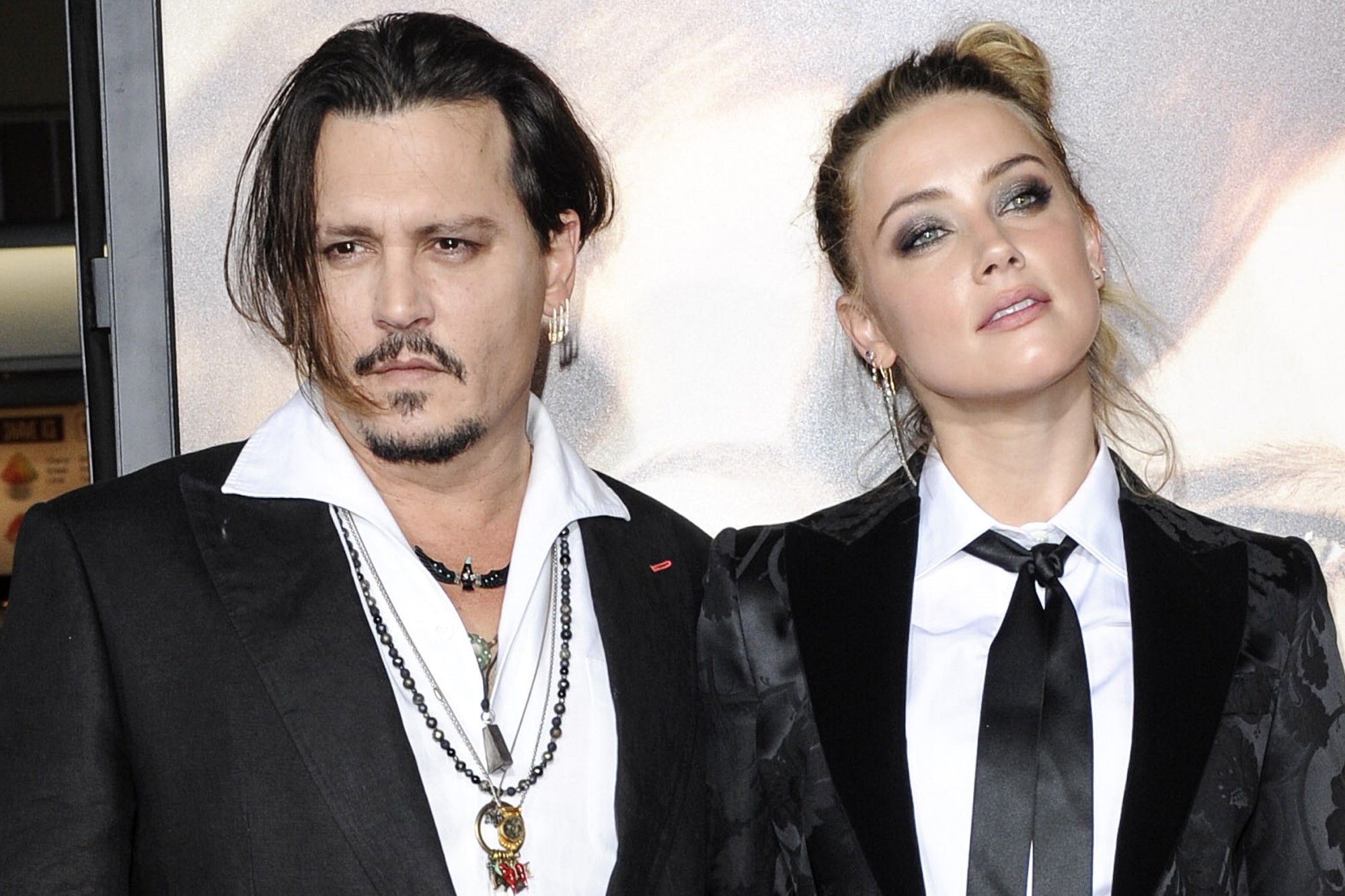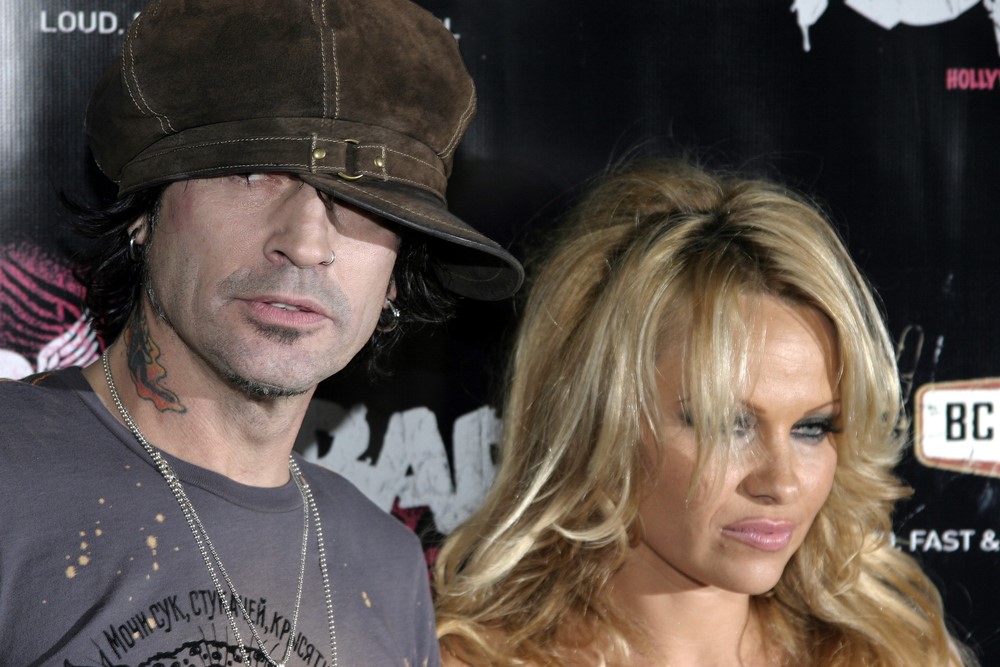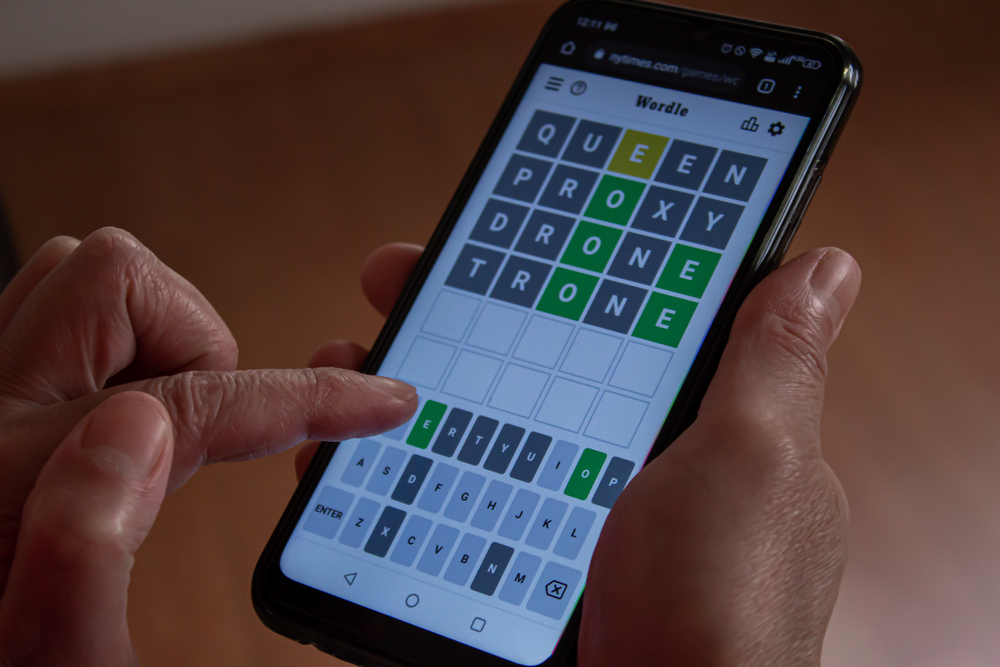Busch Light and Carson King: The Good and the Bad of Cancel Culture
Two weeks ago, Carson King, after soliciting money with a sign that read “Busch Light Supply Needs Replenished” and his Venmo username, received more than one million dollars, most of which was donated to the University of Iowa Stead Family Childrens’ Hospital. In response to the attention King received, Anheuser-Busch promised to match the donation as well as send a year’s supply of personalized beer with King’s face on it to him. However, after racist tweets posted by King seven years ago resurfaced, Busch rescinded the latter part of their offer, and many have decided to boycott King as a means to shame him for his past problematic behavior, a phenomenon termed ‘cancel culture.’ King did issue a public apology after his tweets were brought to the public eye, saying “I am embarrassed and stunned to reflect on what I thought was funny when I was a 16-year-old.” (In an interesting twist, the reporter who dug up King’s racist tweets was also found to have posted multiple offensive tweets in the past, and now no longer works for the paper.)
With the development of social media platforms contributing to rapid global communication, many believe that one use to which technology ought to be put is the educating of others on their seemingly problematic behaviors (i.e. actions that are racist, homophobic, transphobic, etc.). Others believe that unsolicited shaming is often unnecessarily harsh and incapable of fostering meaningful moral dialogue or even establishing clear, universal boundaries of unacceptable conduct. While the ideal of “calling someone out” intends to promote the public expression of ethical beliefs and dissuade problematic behavior, many still think that this fad is actually counterproductive to the ends it aims to achieve (for discussion see Byron Mason II’s “Cancel Culture“).
Cancel culture has many obvious advantages, namely that calling someone out and “cancelling” them for problematic behavior holds them accountable for unethical behavior. King himself claimed that he was unaware of his past racist beliefs and behavior until the seven-year old tweets resurfaced. Often times, however, victims of “cancelling” are unmoved by public backlash which seems to suggest cancel culture does not actually hold individuals accountable for their actions.
Cancel Culture is also believed to further develop the moral beliefs of people who witness the backlash against problematic behavior by promoting discussion about the underlying moral principles behind such behavior. In “cancelling” King, individuals sent the message that public figures and people in general should be held accountable for their past actions, and that tweets like King’s were morally unacceptable. Using the public shaming and “cancelling” of King as a platform to dissuade racist jokes, individuals involved in cancel culture expanded the space to discuss moral issues in general. This aim of promoting moral discussion and fostering a more morally conscious community is only achievable if the calling out does not leave the individual “cancelled” unwilling to be held accountable for his actions and does not shut down dialogue as a whole because of the self-righteous, overwhelming barrage of imposed values to the public. Perhaps cancel culture can never escape these problems.
Many still support King and continue to donate in spite of his problematic tweets. It may seem unfair to call out King in such an aggressive way as to “cancel” him largely because of lack of context of King’s background. It may be unfair to label someone as racist or morally reprehensible because of a singular action of their past. That is, it may seem wrong to judge King based solely on two tweets he posted at the age of sixteen because that single action of tweeting fails to fully capture who King was and who King is now. However, some might argue that King should still be criticized because any action no matter how minuscule or temporally distant affects his character as a whole.
Under the guise of moral discussion, however, cancel culture itself seems to be problematic. In addition to ignoring context, intent is also often irrelevant to those “cancelling.” After posting a picture of herself in a qipao – a traditional Chinese dress – at prom, eighteen-year-old Keziah Daum similarly faced the backlash of cancel culture. Daum has stated that she meant “no harm” by wearing said dress, and some would say she received unnecessarily harsh consequences for her appropriative behavior.
Additionally, it seems as though cancelling is ineffective at changing public opinion, especially if one grants that those “cancelling” usually belong to a group with niche moral intuitions that the general public has not yet caught up to. As Damon Linker of The Week explains, cancelling may not be fostering the kind of moral dialogue we might hope for. When “activists … demand that transgressors against … nascent norms be cast out,” they impose their own morality onto a culture that lacks a moral consensus and has not yet fully accepted the views of activist ethics. In such cases, those “cancelled” are more than likely to be unresponsive to such “cancelling.”
Cancel culture appears to have many advantageous consequences, and, in its ideal form, strengthens moral beliefs in general. But when applied poorly, cancel culture can have many unforeseen consequences largely because of the generalization of a single, isolated action to the humanity of an individual being “cancelled.” Perhaps cancel culture is only permissible in its ideal form, and cannot be applied practically. Whether or not one believes “cancelling” is morally permissible, it may be imprudent to say cancel culture always fosters a more morally-conscious society and always holds the person being “cancelled” accountable. Rather, cancel culture is only good when moral conversation is promoted in a civil, positive, and productive way.





